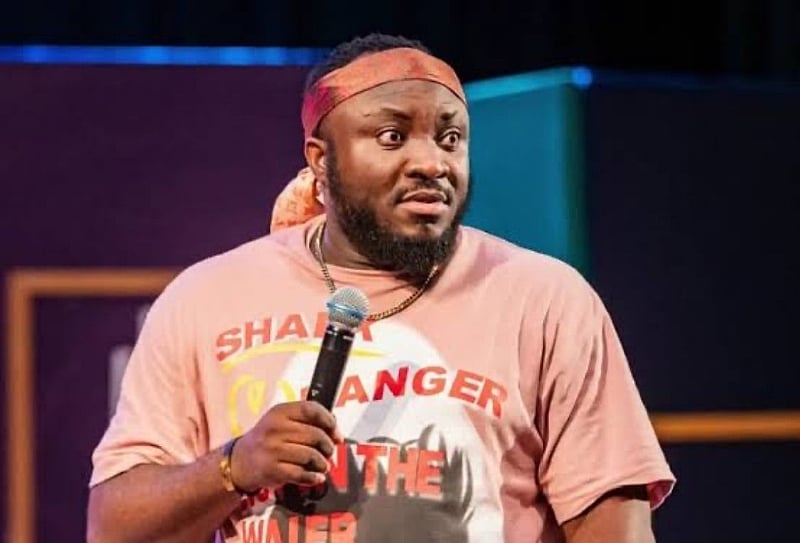Ghanaian comedian Derick Kobina Bonney, popularly known as DKB, has publicly asserted that President John Dramani Mahama would not authorize the arrest of citizens participating in demonstrations against illegal mining, commonly referred to as galamsey. DKB’s statement comes in response to the announcement by the Democracy Hub pressure group, spearheaded by activist Oliver Barker-Vormawor, of a planned anti-galamsey protest scheduled for September 22nd, preceded by a vigil on September 21st. The group’s objective is to compel the government to take decisive action to protect Ghana’s water bodies and forests from the devastating effects of illegal mining.
DKB, in a video released on September 15th, drew a stark contrast between the Mahama administration and that of former President Nana Addo Dankwa Akufo-Addo. He recalled instances during Akufo-Addo’s tenure where protestors demonstrating against similar issues faced arrests. DKB emphasized Mahama’s respect for democratic expression, suggesting that the President would not only tolerate the protest but might even provide refreshments and musical accompaniment, creating a welcoming atmosphere rather than an environment of intimidation. He confidently stated that there would be no unwarranted arrests or detentions under Mahama’s leadership, unlike what he perceived to have occurred under the previous administration.
DKB’s core message was one of reassurance, urging Ghanaians to trust Mahama’s commitment to tackling the galamsey crisis. He drew parallels with Mahama’s handling of the power crisis (dumsor) during his first term, highlighting how Mahama delivered on his promise to resolve the issue despite initial skepticism from the public. This comparison serves as the foundation of DKB’s argument, suggesting that Mahama’s track record demonstrates his ability to follow through on commitments. He portrayed Mahama as a man of action, contrasting him with other political figures who, in his view, make promises without delivering tangible results.
To further bolster his point, DKB elaborated on the dumsor crisis, reminding Ghanaians of the widespread doubt surrounding Mahama’s ability to address the crippling power outages. He emphasized how, despite these doubts, Mahama successfully resolved the crisis, demonstrating his commitment to fulfilling his promises. This narrative seeks to establish a pattern of Mahama overcoming challenges and delivering on his commitments, thereby building confidence in his ability to address the galamsey issue with similar effectiveness.
DKB’s pronouncements, while supportive of Mahama, also implicitly critique the previous administration’s handling of protests and the galamsey issue itself. He suggests that the Akufo-Addo government was not as receptive to public dissent and may have even stifled democratic expression through arrests and detentions. This comparison serves to paint a positive picture of Mahama as a leader who respects the right to protest and engages with public concerns constructively.
Furthermore, by linking Mahama’s past success with dumsor to his current commitment to tackling galamsey, DKB creates a narrative of consistent and effective leadership. This narrative aims to reassure Ghanaians that Mahama possesses the will and the capacity to address complex national issues, fostering trust in his ability to effectively combat the galamsey menace. DKB’s public endorsement, leveraging his platform as a popular comedian, adds weight to this message, potentially influencing public perception of Mahama’s leadership and the upcoming anti-galamsey protests.














